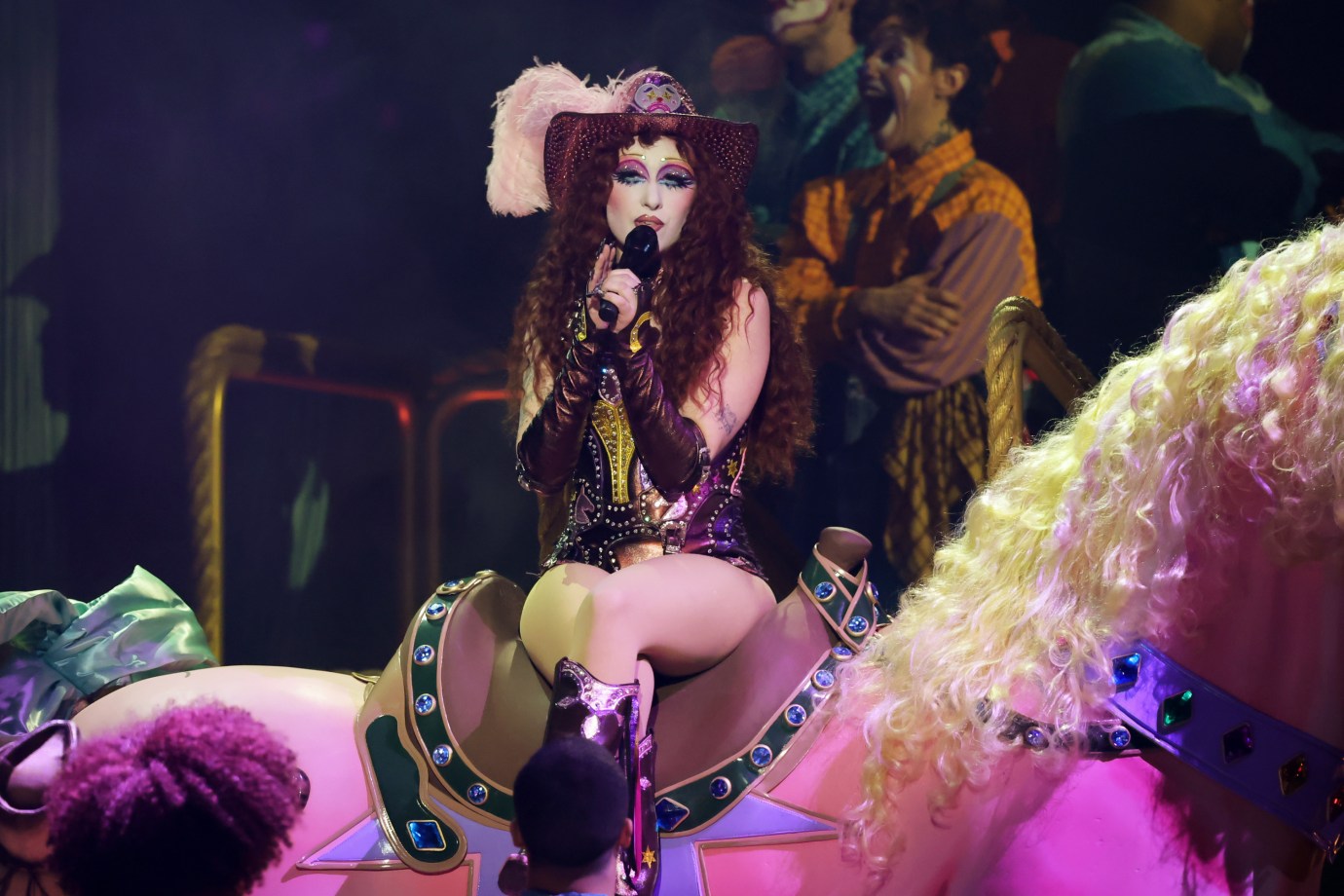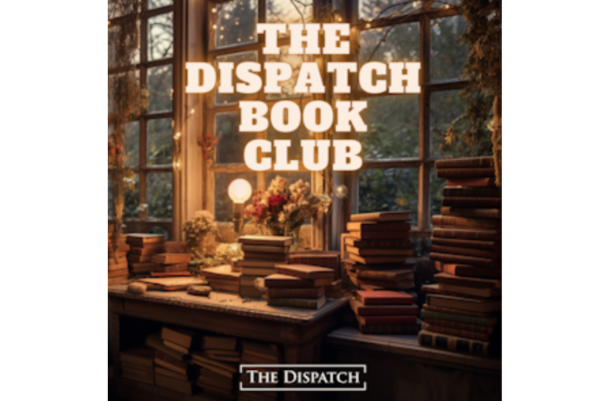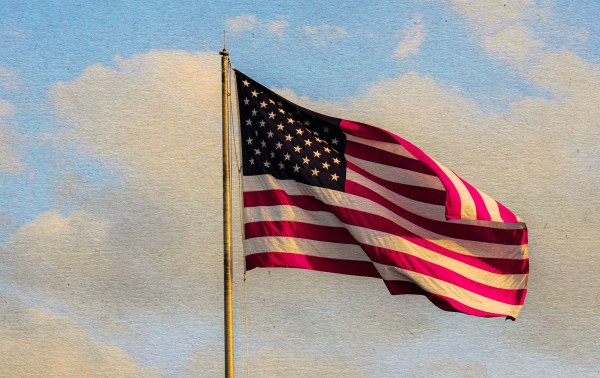Recently, I unexpectedly found myself singing karaoke while my son and his friends worked on their cars for the Cub Scouts’ Pinewood Derby. The song choices ran the usual gamut for millennial Texan parents—some gospel, a little “American Pie,” and of course, Garth Brooks. But I couldn’t resist adding my new favorite artist: Chappell Roan. I queued up the “super clean” YouTube version of my favorite of her songs: “Hot to Go.”
The reaction I got was … mixed. And no, it wasn’t because of my voice, which isn’t a mixed bag—it’s just plain bad. No, it’s because Chappell Roan isn’t exactly the standard fare for suburbanites, especially those who, like me, consider themselves moderates—or those others in the crowd who might lean more conservative.
Yet I think moderates and conservatives who turn their noses up at Chappell Roan are missing her appeal, and not simply because of my personal taste. For readers who haven’t heard of her, Chappell Roan won this year’s Best New Artist Grammy, largely because of the dazzling rise of her first album, The Rise and Fall of a Midwest Princess. Her music veers from campy to soulful: She’ll have you dancing like ’80s Madonna in one song and then crying like 2000s Sarah McLachlan in the next—and her emotions don’t skip a beat either. Bold, brash, and unapologetically honest on social media and in interviews, Chappell seems to strike her audience with something deeply human beneath her glamorous façade.
Indeed, while other stars seem to enter the coastal luxury bubble and never look back, there’s something decidedly still “middle America” about Chappell. Because—surprise—Chappell wasn’t born as Chappell: She was born as Kayleigh Rose Amstutz in rural Willard, Missouri, within a close-knit Christian community. And while her first No. 1 hit as of March of this year—“Pink Pony Club”—implies the singer has disappointed her parents by becoming something akin to a go-go dancer, the opposite is true: The pop star boasts supportive, married parents whom she praises unabashedly in interviews. They, too, tear up talking about the love they have for their daughter, even singing “Pink Pony Club” alongside her in an episode of Carpool Karaoke. Even her stage name honors her grandfather Chappell, who died of cancer whose favorite song was “The Strawberry Roan” by Marty Robbins. I’m unsure how you could get much more Midwest than this.
But what about the rest of what you’ve heard, assuming you’ve heard anything, about Chappell Roan? She certainly has some risqué lyrics to say the least, right? (She’d no doubt be a fan of any pearl-clutching she could get from center-right intelligentsia—perhaps even from loyal Dispatch readers reading this piece right now.) And lest we forget, Chappell is known as a queer icon who dresses in drag, yet she’s a woman? What are we supposed to make of all this—of one red-haired singer whose name was mentioned more than 7 million times across various media platforms last year alone?
Clearly, I think we should make something of it. First, I think she’s worth paying attention to because her lyrics appeal to such a vast array of young women, not just in the Midwest but all over the country. For example, in song after song, a desire for wanting more than a casual relationship comes up. “Femininomenon” begins like this:
Same old story, time again
Got so close but then you lost it
…
He disappeared from the second that you said
‘Let’s get coffee, let’s meet up’
I’m so sick of online love…
Essentially, what the singer is bemoaning is the near-universal romantic experience of young women, regardless of sexual orientation; her songs reveal a desire for a real connection with someone, a relationship that is more than empty texts and promises. She wants to meet up in person, physically—not to continue a virtual dalliance that’s going nowhere. Instead—predictably—she gets ghosted. Basically, while searching for a romantic connection that’s lasting, she finds that “same old story.”
This trend continues in other songs like “Casual” and “Good Luck, Babe!” both of which could be read as ballads about the tragedy of the Gen Z “situationship.” Situationships are where couples get stuck in a gray area: Neither party knows if what they’re experiencing defines them as a “couple.” In previous generations, there were generally clear markers for dating—formal “dates” leading to committed relationships. Today, though, those markers have become increasingly murky. According to YouGov, about 50 percent of 18- to 29-year-olds report having been in a situationship with no real clarity on the relationship’s progress toward commitment. Couples might be “just talking” or “hanging out” for indeterminate stretches of time—stretches that often feel far longer for one party in the relationship more than the other. Because Gen Z tends to be more risk-averse than previous generations—including when it comes to relationships—that uncertainty often drags on. And on.
That’s exactly where Chappell’s songs strike a nerve, especially, it seems, for her female listeners. “Good luck, Babe!” goes like this:
I don’t wanna call it off
But you don’t wanna call it love
You only wanna be the one that I call “baby”
The singer realizes her partner is never going to settle down, and will only “make a new excuse, a new stupid reason,” while she’s left hoping that eventually she’ll be the one left saying “I told you so.” When you’re singing that song along with her, you hope she is. You feel for her because you’ve likely experienced something similar. You are mad about this person stringing the singer along and have felt the unrequited chemistry that she has.

Similarly, “Casual” is an aching anthem about a woman who admits “my friends call me a loser,” but she still can’t help “being stupid” and daring to “dream of us in a year.” Even so, she knows her paramour is telling everyone “it’s casual.” That so many women are finding a home in music that, at its core, argues long-term love is better than short-term hookups should be deemed a win—especially in a cultural moment awash in empowerment anthems that treat self-gratification and casual flings as the cure-all for life’s problems. Miley Cyrus might be able to buy herself flowers, but Chappell Roan is brave enough to ask whether anyone’s ever been interested in sticking around long enough to bring her some in the first place. At a time when Gen Z seems to be halfway abandoning romance, Chappell Roan is giving it a chance.
Likewise, the fact that Chappell Roan leans into what some call a “drag aesthetic” in her performances should honestly be seen as another win. It’s a kind of reclamation—biological women taking back the sass, fun, and creativity of feminine culture that men have been borrowing for decades in drag shows. Chappell Roan unapologetically owns all that snark, burlesque, vintage glamour, and over-the-top femininity, and she hands it right back to the women in her audience to claim as their own, too. Whether you think that space belongs exclusively to women or should be open to anyone, it’s refreshing to see a woman fully embracing it as her own—and inviting others like her to do the same.
If you’re already a Chappell fan, you probably caught that she’s embracing her roots even more with a new country song, “The Giver,” and you know she’s still topping charts. But if you’re new to her music—go ahead, press play on that one, sure. But first, I suggest you step back and try “Hot To Go,” the song that got me hooked on this Midwest princess.










Please note that we at The Dispatch hold ourselves, our work, and our commenters to a higher standard than other places on the internet. We welcome comments that foster genuine debate or discussion—including comments critical of us or our work—but responses that include ad hominem attacks on fellow Dispatch members or are intended to stoke fear and anger may be moderated.
With your membership, you only have the ability to comment on The Morning Dispatch articles. Consider upgrading to join the conversation everywhere.